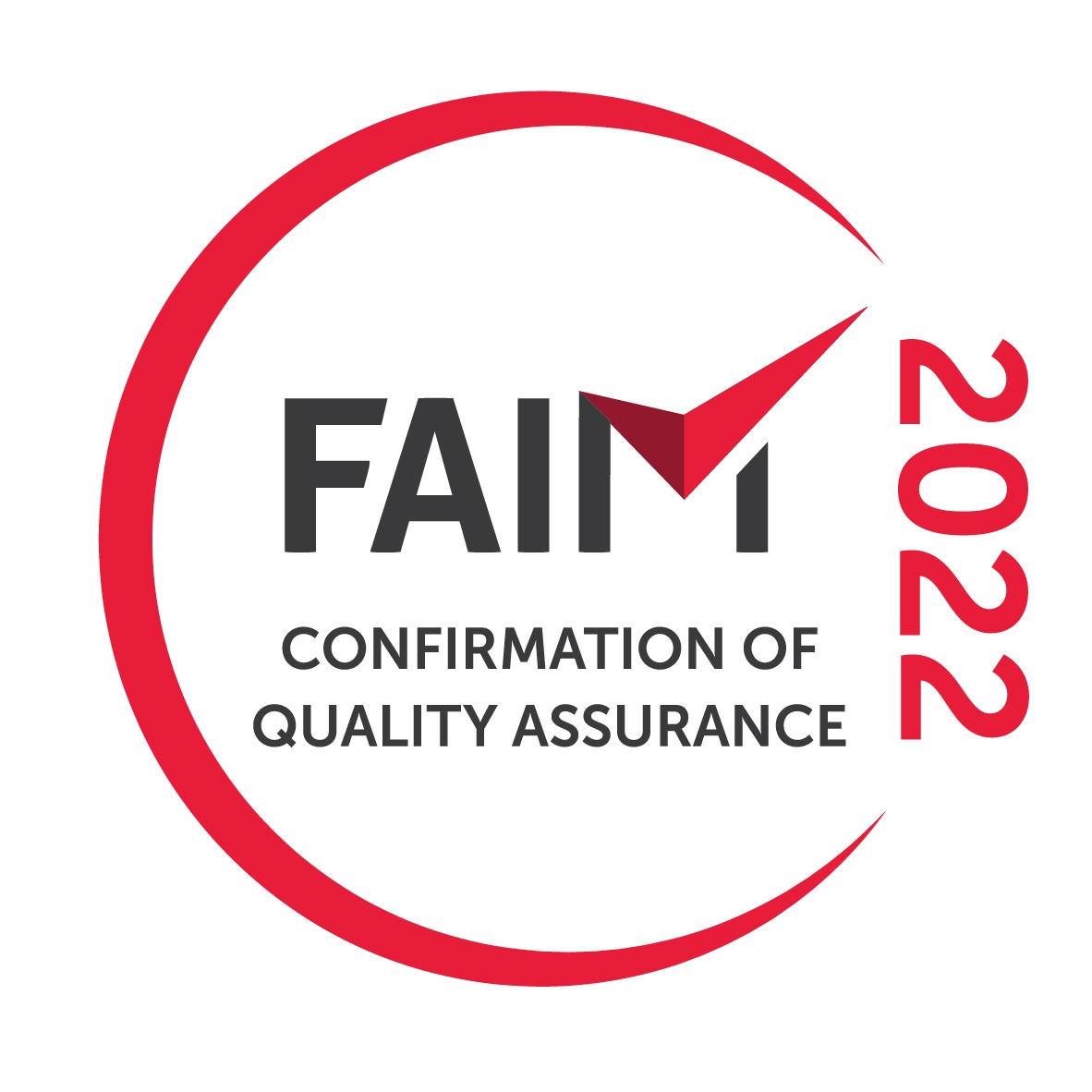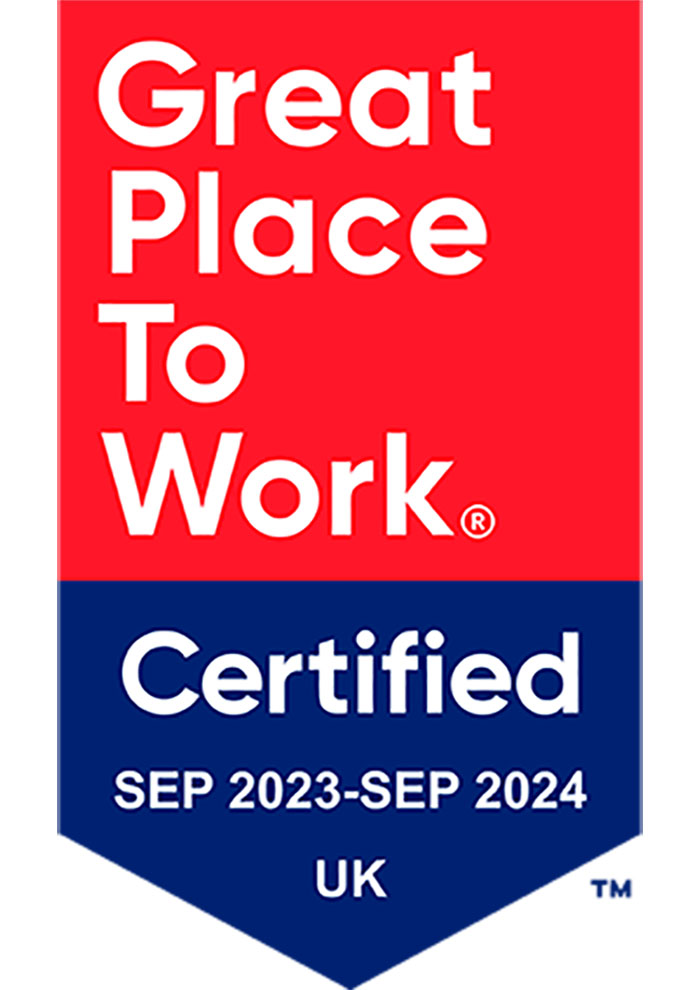Moving to Australia is a dream for many; the sun, the beaches, the lifestyle. But of course, to enjoy all of that, you’ll probably need to work too. Not to mention, without securing a job first, it is much more difficult to get a visa or permanent residence status.
The Australian labour market is extremely competitive, with low unemployment rates across the country. Currently there are around 1.1million UK expats living in Australia, many of which work in the country, proving that although competitive it is not impossible to secure a job down under.
We take a look at everything you need to know about working in Australia:
- 1. The most in-demand jobs Australia
- 2. How to find a job in Australia
- 3. Work culture
- 4. Salary and benefits
- 5. Employment rights and legislation
- 6. Conclusion
- 7. FAQs
The most in-demand jobs Australia
To work in Australia if you’re from the UK, you generally need to fill a skills gap in the country. There are many industries in Australia with skills gaps, where UK expats can find success.
These may be industries that have experienced considerable growth in recent years, and therefore experienced prospects are few and far between, or those areas for which there is simply high demand.
The fastest growing industries in Australia by revenue in 2024 include finance, healthcare, scientific and technical services, information media, telecoms and more.
To find out which skills are in-demand currently, you should consult the Skills Priorities List.
One of the most in-demand and common job roles for UK expats is nursing with many choosing to make the leap for the promise of a better quality of life, competitive salaries, and a healthcare system that values their expertise. Find out more about nursing in Australia.
Other than nursing, what are some of the most desirable occupations?
10 most in-demand jobs Australia
- 1. Construction managers
- 2. Civil engineering professionals
- 3. Early childhood teachers
- 4. Registered nurses
- 5. ICT (information and communications technology)
- 6. Software and applications programmers
- 7. Electricians
- 8. Chefs
- 9. Child carers
- 10. Age and disability carers
How to find a job in Australia
One of the easiest ways to find a job in Australia is to use job sites, just as you would in the UK. You will however need to use Australian job sites.
Australia’s top job sites
You can also use Linkedin to browse jobs, setting your location to Australia.
Tips for finding a job in Australia
- 1. Do your research
When looking for work in Australia from the UK, it can be difficult to understand the job market and the opportunities available to you. By using the official Government website, you can ensure that your information is reliable. You may also want to contact a visa expert to understand the requirements, as well as potential companies in your industry you may want to apply to.
- 2. Use your network
As they say, ‘it’s who you know, not what you know’ – try reaching out to people in your network, letting them know your intentions to find work in Australia. You never know who might have an opportunity…or know someone who does. Linkedin is a great place to start. Your research might have uncovered some potential companies you’d like to work for; try interacting with them on a few posts or drop them a message to find out if they’re open to working with UK expats.
- 3. Update your CV
Just as with any job search, you’ll want to make sure your CV stands out and presents an accurate picture of your skills, experience and achievements. For UK residents looking for work in Australia, you might want to consider how you present your qualifications and experience for an Australian employer. You may want to include information on what qualifications are equivalent to, or further detail on what was involved.
- 4. Be flexible
As finding work in Australia is largely based on skills shortages and priorities, you may need to be flexible on roles and locations. The Skills Priority List details which roles and opportunities are in demand in which locations. Being flexible on your location could open you up to more opportunities.
For example: there is a shortage of hospitality managers in New South Wales but not Victoria, therefore those with the relevant expertise are more likely to find a job in that area.
5. Be persistent
Finding a job in Australia isn’t likely to happen overnight. Make sure you’re persistent with your efforts, reaching out to potential employers and applying for roles. The barriers to entry when it comes to working in Australia are always going to be higher for UK residents than Australian residents however, if you have in-demand skills there are plenty of opportunities out there!
Work culture
Finding a job in Australia is one thing, but what is it like to actually work there?
The work-life balance
In Australia, the work-life balance tends to be more focused towards ‘life’ than ‘work’, unlike in the UK. The UK is known for long working hours, whilst Australians tend to prioritise their personal lives over professional lives.
In terms of actual hours, a full time working week in both the UK and Australia is around 38 hours. However, in the UK people are much more likely to work over these hours, whereas in Australia, people tend not to exceed this.
In the summer months in particular, it’s common for Australians to start work earlier so they can finish before it becomes too hot, and they can enjoy the warmer weather.
Workplace etiquette
Workplace etiquette in Australia is largely the same as it is in the UK. Whilst people may be less likely to do overtime and may come across more relaxed, you should still act professionally at all times and treat everyone with respect.
Punctuality is key and modesty goes a long way. You may find that office dress codes are slightly more casual than in the UK, but always check this with your employer before starting the role.
In terms of company structure, Australian businesses sometimes tend to have more of a flat hierarchy, preferring collaboration and teamwork over top-down decision making. Being a team player can help you to fit in and hit the ground running.
Of course, it can be daunting starting a new job, let alone on the other side of the world. But don’t fear, Australians are known for being a friendly bunch so you’ll feel part of the team in no time.
Salary and benefits
It’s not just the lifestyle and culture Australia can offer, but salaries are also often higher than in the UK, presenting a great opportunity for those with in-demand skills.
Average salaries (UK vs Australia)
According to ONS data published in May 2024, average weekly earnings in the UK before tax are £682. This equates to an average yearly salary of around £35,464 pre-tax.
The Australian Bureau of Statistics reports that average weekly earnings in Australia equate to $1,888.80 (as of November 2023), resulting in an average annual salary of around $98,217.
At today’s exchange rate this is approximately £51,564…an additional £16,100 per year before tax.
Employee benefits
Of course, money isn’t everything. Australia has something called National Employment Standards that must be offered to all employees.
The 10 NES are:
- o Maximum weekly hours
- o Requests for flexible working arrangements
- o Parental leave and related entitlements
- o Annual leave
- o Personal/carer’s leave, compassionate leave and unpaid family and domestic violence leave
- o Community service leave
- o Long service leave
- o Public holidays
- o Notice of termination and redundancy pay
- o Provision of Fair Work Information Statement
The majority of businesses will also offer the kinds of perks you may be used to in the UK such as discounted gym memberships, insurance, employee discounts and more. Your employer will be sure to lay out any perks or benefits during the hiring process.
Disposable income (UK vs Australia)
According to the OECD Better Life Index the average household net-adjusted disposable income per capita in Australia is USD 37,433 a year. In the UK, the average household net-adjusted disposable income per capita is USD 33,049 a year.
At today’s exchange rate that’s £29,495.33 per year in Australia vs £26040.96 per year in the UK. So, despite higher costs of living in Australia, the increased annual salary means people tend to be more well off, with more disposable income per household.
Compare living costs in Australia vs the UK
Employment Rights and Legislation
If you are planning on working in Australia, you need to know what your rights are, as well as all the other legal stuff like visas, employment law and taxation.
Let’s start with visas.
Australian work visas for UK expats
For the majority of people moving to Australia to work, you will need a skilled migration visa. These are visas for those with an occupation on the Skilled Occupation List, under 45 years old, in good health and proficient in English.
There are different types of skilled migration visas, and you must undergo a skills assessment before you are able to apply. You can then register your interest and the Australian Government will use the points system to assess your application. You may then be invited to apply, at which point you can submit a formal visa application. You will then need to wait for a decision from the Department of Home Affairs.
For those aged between 18 and 30 years old, one of the easiest routes to working in Australia is via the Working Holiday Visa. So long as you have a valid passport, you can work in Australia for up to 12 months. You can extend this for a second and third year if you also complete 3 months of specific work (usually construction or agricultural work).
On this type of visa, you can usually only work for the same employer for a maximum of 6 months, so bear this in mind when applying. You can apply online; you may need to arrange health exams and provide evidence of an intent to return to the UK after your visa expires, as well as minimum funds in your bank account. After submitting your application, you will receive a decision in writing detailing the outcome. Applications are typically processed in as little as 14-40 days.
The application process for work visas can sometimes be confusing and time consuming, however, all of the information you need is available on the Department of Home Affairs website. They have a breakdown of each visa type, eligibility criteria, as well as step by step instructions on the application process.
We also offer Australian Visa Support; take the handy online assessment from Visa Go to find out which visa is most suitable for you.
What are your employment rights in Australia as a UK expat?
If you hold a valid work visa, your employment rights are the same as any other Australian citizen.
All employers must first and foremost adhere to the National Employment Standards, as well as offering at least the National Minimum Wage ($915.90 per week – correct as of July 2024).
Employers must provide pay slips and keep accurate and complete records about pay, hours of work and other employment details, as well as a 4 week annual leave allowance for full time employees.
Should an employer choose to end an employment, either through redundancy or dismissal, employees must receive written notification and a minimum notice period based on their length of service.
For employees resigning from a role, you will also have to give specified notice.
For more information, consult the Rights and Obligations page on the Fair Work website.
On the whole however, employment law in Australia is largely similar to employment law in the UK.
Paying tax on your salary
If you are employed in Australia, you will be required to pay tax on anything you earn. This applies to all of your income; so if you’re receiving rental income from a house in the UK on top of your salary, you will also need to pay tax on this.
To pay tax on your salary, you will need a Tax File Number. Your employer will ask you to fill out a Tax File Number declaration on starting your employment, taxes will then be deducted from your salary automatically and sent to the tax office. Your payslip will show how much tax you have paid. This will vary depending on your income and residency status.
See current Australian income tax rates.
If you are self-employed, you will be required to set aside and pay your own tax bill. The ATO will enrol sole traders into the PAYG scheme automatically, sending a taxi bill reminder every 3 months.
Understanding a new tax system can be confusing but generally speaking, if you’re employed, then your employer will do most of the hard work. If you’re still confused, it’s always best to speak to an expert to make sure you’re paying the correct amount.
Conclusion
Moving from the UK to work in Australia offers a wide range of advantages and opportunities. If you’re lucky enough to hold in-demand skills, you can benefit from increased salaries, higher levels of disposable income and a more balanced approach to work and life.
The Australian job market can be competitive but it also offers attractive employee benefits, as well as the opportunity for a better quality of life. This makes it an extremely popular choice for UK Expats.
Whilst searching for and securing a role can take time, persistence is key. You should look to utilise all of the means at your disposal including Australian job sites, networking and research. Having secured a role, you should make sure you understand Australian employment laws and workplace etiquette to make your transition as smooth as possible.
Whether you’re looking to take a step forward in your career, personal life or both, Australia could be the perfect place to make your next career move. A culture that rewards teamwork and collaboration, working in Australia can be extremely rewarding. For those ready to make the move, with the right preparation and mindset, there’s no reason you won’t succeed!
If you’re taking the plunge and moving down under, we can help. We take care of everything from removals to Australia to relocation services.
Get an instant quote or get in touch to discuss your bespoke requirements.
FAQs
You can move to Australia without a job but you will need to hold a valid visa such as Family Sponsorship visa, allowing a family member with permanent residence in Australia already to sponsor you. Other types of visa that allow people to move temporarily without a job include student visas and working holiday visas. If you want to take up permanent residence in Australia, for most visa types you will need to secure a job first.
In order to be sponsored by an Australian employer, your role must be on the Skilled Occupation List. Your employer will also have to demonstrate they cannot find an Australian resident or permanent citizen who can fulfil the role. There is no set way to find an employer to sponsor you. You will simply need to apply for roles in Australia and speak to your potential employer about their openness to hire a UK expat.
There is no reason you can’t secure a role in Australia whilst still living in the UK. You can use Australian job boards as well as network connections to aid your search. Many Australian employers will happily hire UK expats, especially if you offer skills that they cannot find in Australia currently. Once you have secured a role, you may want to brush up on Australian employment law and the tax system to help make the transition as smooth as possible.
The difficulty of getting a job in Australia will differ from person to person. Those with highly in-demand skills will find it much easier to get a job in Australia than those who do not hold these skills. To be granted a visa, you generally need to fill some kind of skills gap, therefore in theory, the majority of people who are granted a visa should have no issues finding a job. Naturally, finding a job in another country is always going to be more tricky. You will need to take into account things such as the time difference when scheduling interviews, as well as making sure you are using Australian job sites to find the best opportunities.
There is no ‘best’ city in Australia for job opportunities. The best city for you will depend on your current skills, where there are skill gaps, as well as personal factors such as lifestyle preferences. The Skills Priority List details whereabouts in Australia there are skills shortages based on role, helping you to target your job search.









